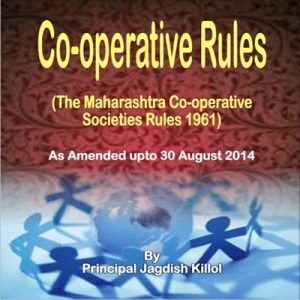Description
Due to amendments made in constitutional many changes in the rules of election in co-operative institutions and their references get changed. These change rules in Marathi and the original English rules both can be made known through this book. The book is useful to all co-operative institutions.
















